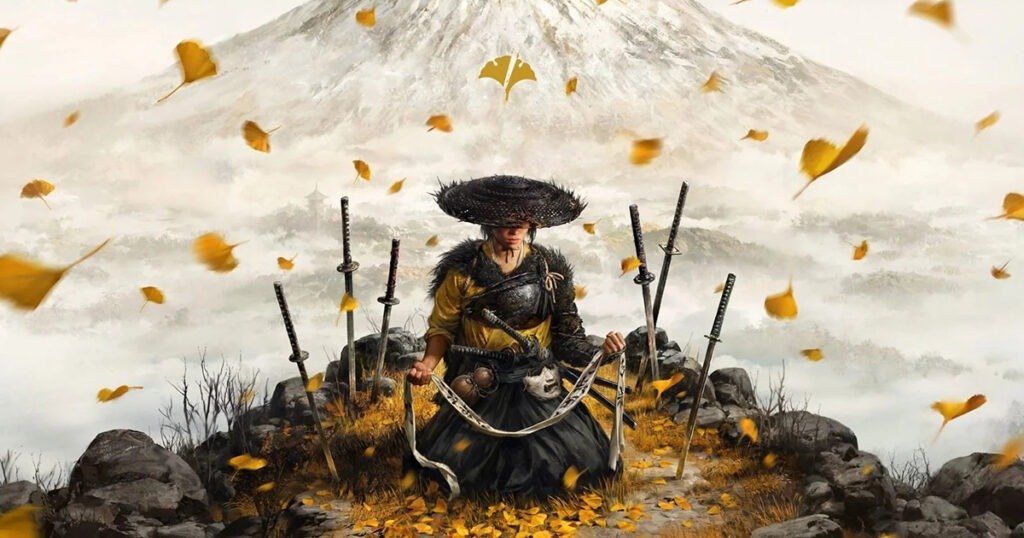Table of Contents
Sucker Punch Stays Grounded After Ghost of Tsushima’s Success
A Studio That Prefers Focus Over Expansion
As game studios grow in success, many often expand rapidly, splitting teams to chase multiple projects at once. It’s a path that can lead to impressive output but also risks stretching resources thin and compromising quality. For Sucker Punch Productions, however, growth will not come at the cost of focus.
More recently known for Ghost of Tsushima and its highly anticipated follow-up, Ghost of Yotei, the Washington-based studio has reaffirmed its commitment to staying small and centred around one project at a time.
“We Don’t Want to Lose Ourselves”
Speaking with VGC, Sucker Punch co-founder and studio head Brian Fleming explained that despite the studio’s AAA status, its structure remains deliberately compact. Rather than expanding to handle simultaneous productions, the team prioritises cohesion and quality.
“We’ve always believed in working as one unified studio,” Fleming said, adding that this approach helps maintain a clear creative vision and keeps development grounded in collaboration rather than management layers.
All Eyes on Ghost of Yotei and Legends
Following the release of Ghost of Yotei, the studio will move directly into supporting the game with updates, including the Legends multiplayer expansion planned for 2026. Only after that post-launch support is complete will Sucker Punch begin exploring ideas for its next major title.
Fleming described the studio’s creative cycle as “slow by design.” Each project typically spans up to five years from concept to completion, ensuring that new ideas are refined rather than rushed.
What’s Next for Sucker Punch?
Fans continue to speculate about the studio’s next project, with many hoping for a revival of beloved classics like Sly Cooper or Infamous. Fleming offered no confirmation, though he acknowledged the lasting affection for both series.

For now, the studio’s focus remains firmly on Ghost of Yotei and its upcoming updates — a continuation of the same philosophy that made Ghost of Tsushima one of the defining open-world games of its generation.

